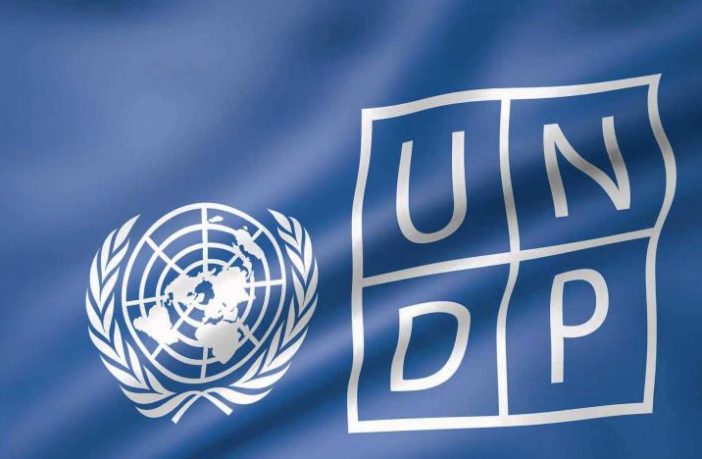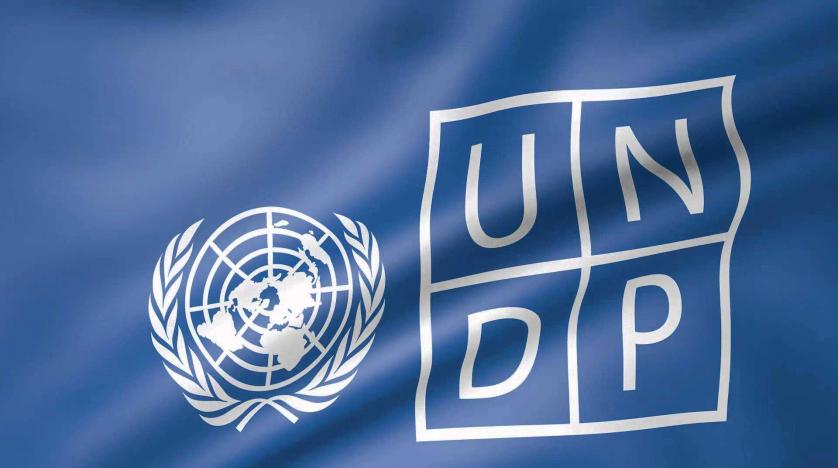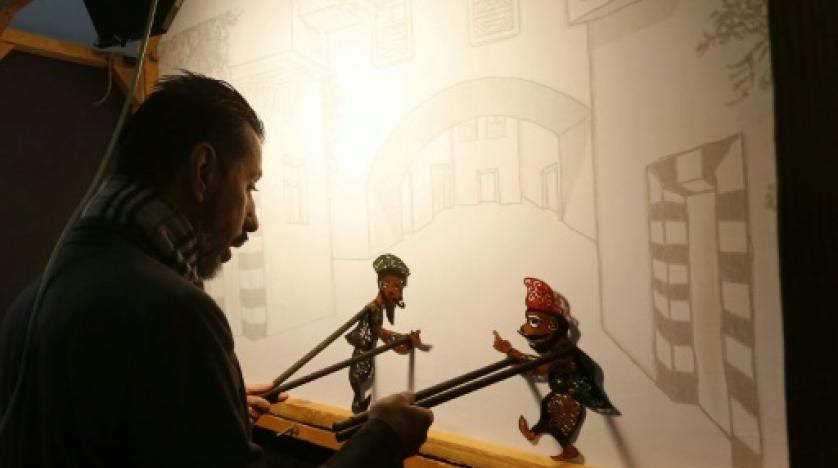sharq al awsat
Rabat – Latifa Al-Arosni
The Moroccan Ministry of State for Human Rights and the United Nations Development Programme (UNDP) have signed on agreement to activate the 2018-2021 plan for reviving democracy and human rights in Morocco at the cost of MAD28 million (around USD3 million).
Mustafa Ramid, the Moroccan Minister of State for Human Rights, and UN Resident Coordinator and UNDP Resident Representative Philippe Poinsot signed the deal on the program that aims to exchange information with institutions concerned in activating the plan and putting mechanisms that enable Morocco to monitor its implementation.
Ramid said the project has allowed Morocco to become the 39th country to endorse a work-plan in the field of strategic planning in human rights.
In his turn, Poinsot affirmed that he will support the UNDP program through an action unit and a mechanism for assessment and follow-up.
Morocco announced endorsing the national plan to revive democracy and human rights on Dec.14.
The unprecedented plan includes a group of measures that the state has vowed to take in several areas mainly democracy, economic, social, cultural, environmental and rights, protecting class rights and the legal and institutional framework that stipulates issuing laws and legislation to protect human rights, women’s rights, freedom of speech, media, and journalism, and the right to access information.
UN Listing Gives Lifeline to Syria’s Last Shadow Puppeteer
Syria’s last shadow puppeteer Shadi al-Hallaq is seen moving his puppets Karakoz (R) and Eiwaz (L) from inside his booth during a presentation in Damascus | AFP
London- Asharq Al-Awsat
In a crowded dark room, Syria’s last shadow puppeteer crouches on stage, holding two intricate figures against a brightly lit silk screen and voicing their animated chatter.
Hiding inside his booth and moving the silhouettes around on sticks, Shadi al-Hallaq gave a proud performance on Monday night after his disappearing art finally received international recognition.
Syrians last week received news that their war-battered country’s shadow theater has secured a coveted place on the UN’s list of world treasures.
“When they rang to congratulate me, it was like a daydream,” said the puppeteer, a slim 43-year-old wearing a dark grey suit and warm beige scarf.
His two star characters — the naive but charming Karakoz and clever friend Eiwaz — would finally receive the limelight they deserved, he said.
“There’s no one in Syria who masters the art except me,” said Hallaq, who learned it from his late father, a famed storyteller who performed in one of the capital’s oldest coffee shops.
“There are no regular shows anymore, though I have given performances in a few places over the past years,” said the puppeteer, who previously worked as a taxi driver.
The advent of digital entertainment as well as mass displacement due to conflict have contributed to the gradual decline of the art in Syria, the United Nations says.
Only a few such performers existed in the country before the war broke out in 2011, and a leading shadow puppeteer has since gone missing.
Traditionally, shadow plays were held in coffee shops.
A bright light would project the silhouettes of the puppets onto a silk screen, usually accompanied by dialogue and music.
Often including humorous social commentary, they would star Karakoz and Eiwaz, as well as female characters and talking animals.
Hallaq’s characters are crafted from cow leather, their clothes cut out with decorative patterns and painted with watercolors “so the light can shine through”.
Karakoz is short and dons a large red hat, while Eiwaz sports an elegant mustache.
As they move around before an arched alleyway, their witty banter entertains all generations.
“My audience are old and young — from three years old to old men in coffee shops,” Hallaq said.
The art form is said to be centuries old, long before the war that has killed 360,000 people and displaced millions from their homes.
Some say Karakoz and Eiwaz are typical Syrians from Damascus, while others say they are in fact originally Turkish.
Since the United Nations cultural agency UNESCO classified his art as “in need of urgent safeguarding”, Hallaq said things are looking up for his art and its two stars.
“I thought I would have to bury them away,” he said. But now “a bright future awaits them in Syria. I will tour with them all over the country.”
Wednesday, 5 December, 2018 – 08:45 –
Sudan: 294 Lawmakers Back Amendment to Extend Presidential Term Limits
Sudanese President Omar al-Bashir in the capital Khartoum (File Photo: AFP)
Khartoum – Ahmed Younes
Members of Sudan’s parliament handed over the Speaker a memorandum calling for constitutional amendments that would enable President Omar al-Bashir and other “heads of state” to serve for an unlimited presidential term.
A number of 294 representing 33 political parties handed the Speaker a memorandum calling for the amendment of Articles 57-178 of the Sudanese constitution concerning the presidential session and the president’s authority to remove governors.
If amendments were approved, Article 57 will extend term limits and allow the president to run for another presidential term. The article was limited to two presidential terms of five years each, which would make the re-nomination of incumbent President for a third session a violation of the constitution.
The President’s current term ends in 2020 after he was elected for two terms in 2010 and then in 2015.
The amendment of Article 178 pertaining to the “selection of governors” discusses giving the president power to dismiss the governor. The parliament passed a law last month to assign governors through direct elections after the former law gave the president the power to appoint them.
Parliament Speaker Ibrahim Ahmed Omar said he received a letter signed by a majority of lawmakers backing an amendment that would extend the limit.
“Today I received a memorandum from 33 parties representing 294 deputies to amend the constitution with regard to the number of times the president’s candidacy is allowed,” he told reporters.
“I will abide by the constitutional and legal steps and the regulations necessary to discuss these amendments in parliament for it to take any decision on them,” he asserted.
The Speaker added that both Articles have a clear impact on governance in Sudan, so it is necessary to amend the Constitution.
He addressed the members of the parliament saying they did the right move and took the correct procedural path.
MP Abdullah Masar explained that the parliamentarians saw the need to amend the constitution due to Sudan’s troubling situation. He added that the amendment was suggested to provide an opportunity for maintaining stability in the country.
Concerning Article 178, Masar stated that the amendments allow the President to sack the elected governors of states if they violated the laws.
MP Ali Hussein Dosa indicated that the determination of presidency term is derived from the constitutions of other countries, which he believes doesn’t suit Sudan.
Dosa continued: “If we read our history and the cases of some great nations, or consider the Islamic history, we will not find a limitation for the presidency term. We will fight to include this text in the next constitution.”









